What Are Synthetic Cannabinoids and Synthetic Marijuana
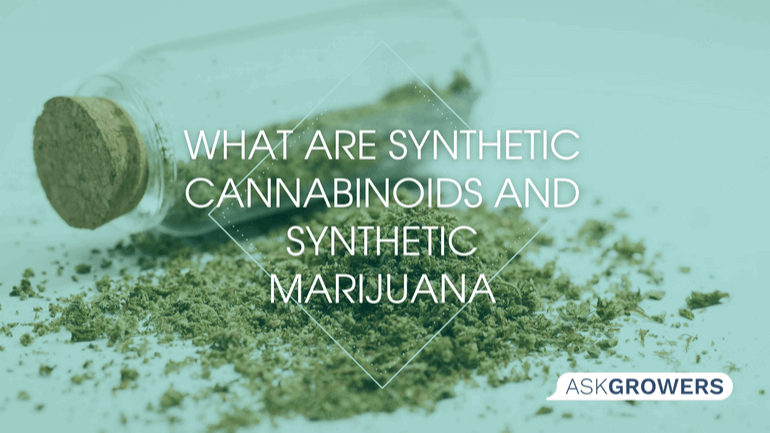
You've probably heard the term "synthetic marijuana" and have seen news stories about people becoming extremely sick after consuming it. You may also have questions about what it is, how harmful it can be and if it's legal. Keep reading to learn more about synthetic cannabinoids (SC).
What Is Spice Drug?
Synthetic cannabinoids (SC) are manmade chemicals that are similar to delta-9-tetrahydrocannabinol (THC), the primary psychoactive ingredient in marijuana. These chemicals are often found in "designer drugs" or "herbal incense" products that are claimed to be safe, legal alternatives to weed. However, these products can be much more potent and dangerous than marijuana.
Read Also: What Are Cannabinoids, Their Types, and Effects?
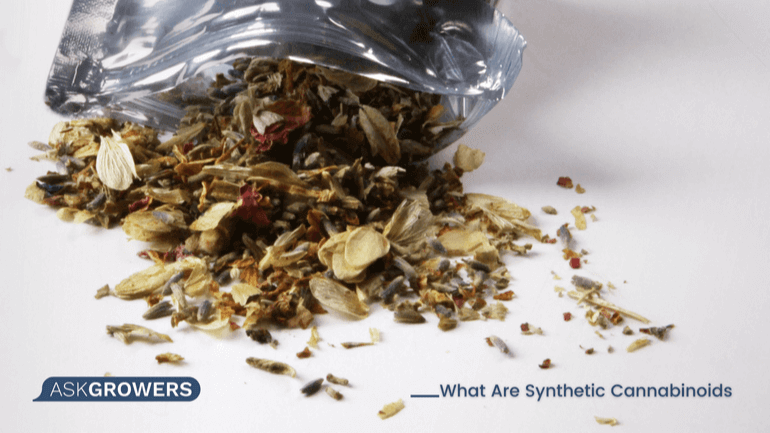
The first synthetic cannabinoid, cyclohexylphenols (CP), was isolated from a herbal blend called "Spice" in the late 1970s and early 1980s by the Pfizer Inc. team working for the European equivalent of America's Food and Drug Administration, but it wasn't until a decade later that the cannabinoid receptor was discovered by three different groups of scientists working independently in the US and Italy.
Synthetic weed products are often made by spraying chemicals onto dried plant material to produce a substance similar to the mind-altering chemical found in marijuana (THC). But these products aren't always safe or legal, and they're often sold under names like "K2" or "Spice," making them easy to mistake for natural weed. These chemicals can then be inhaled, smoked, or ingested. The effects of synthetic cannabis can be very different from marijuana and can be much more dangerous.
The synthetic cannabinoids list is made up of seven major structural groups:
- Naphthoylindoles (e.g., JWH-018, JWH-073, and JWH-398)
- Naphthylmethylindoles
- Naphthoylpyrroles
- Naphthylmethylindenes
- Phenylacetylindoles (i.e., benzoylindoles, e.g., JWH-250)
- Cyclohexylphenols (e.g. CP 47,497 and homologues of CP 47,497)
- Classical cannabinoids (e.g., HU-210)
Read Also: What is Hexahydrocannabinol & What Does HHC Do
Cannabinoids Synthetic High
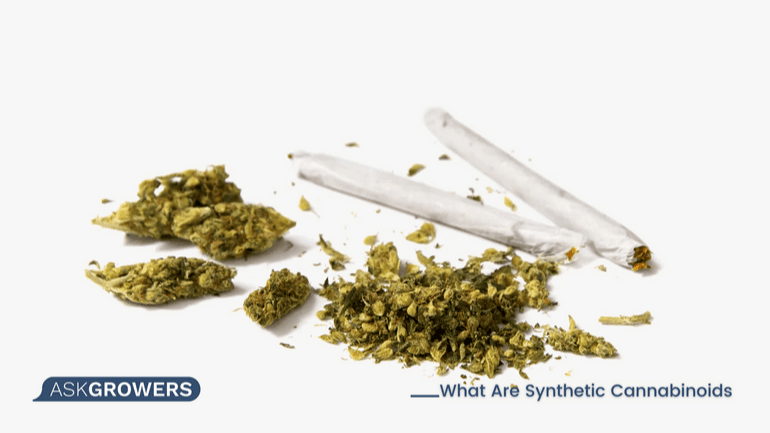
While plenty of people enjoy smoking cannabis, there are others who just can't seem to get into it. These people find smoking pot to be inconvenient and prefer a more instant high. For these individuals, synthetic marijuana may seem like a good alternative as it's easily accessible. But the truth is, this stuff is no joke. The chemicals in these products are not your friends.
Synthetic cannabinoid products retailers claim their goods to be health-friendly. However, it is far from the truth. Only the dried plant materials in synthetic cannabinoid products are natural since lab tests reveal that their active ingredients are artificial cannabinoid compounds. Because these substances may be sprayed onto anything from parsley to oregano, there's no way to tell if a product is laced with synthetic cannabinoids just by looking at it. Unfortunately, this means that some people end up accidentally ingesting these dangerous chemicals — which can lead to severe short- and long-term health effects.
Some of the short-term effects of synthetic marijuana include:
- Anxiety
- Paranoia
- Delusions
- Hallucinations
- Psychotic episodes
- High blood pressure
- Rapid heart rate
- Vomiting
- Nausea
- Kidney damage.
Read Also: What Is THC-O and Why Is This Psychedelic Cannabinoid Three Times Stronger Than THC?
What Does Synthetic Weed Do to Your Brain
In 2009, German researchers conducted a study showing that Spice can be addictive and produce withdrawal symptoms. The signs of addiction are pretty similar to the signs of other mental health disorders. By using synthetic weed, you might start to feel like you need the substance just to get through the day. You may start taking more significant amounts of Spice than you originally intended, or you may find yourself using it more frequently or in different ways than before. You might use other drugs or alcohol to try and ease the symptoms that come with being addicted. Consequently, synthetic marijuana is linked to a number of severe long-term health effects, including:
- Psychotic disorders
- Cognitive impairment
- Addiction.
While it's unlikely that they will ever vanish entirely, synthetic cannabinoids and the adverse effects they have on SC users are unfortunately poised to continue. New synthetic cannabinoid compounds are continually being discovered, and there is an increasing number of people using them for recreational purposes. It is up to health care professionals, lawmakers, and the general public to work together to reduce the use of SCs and help users with getting treatment when necessary.
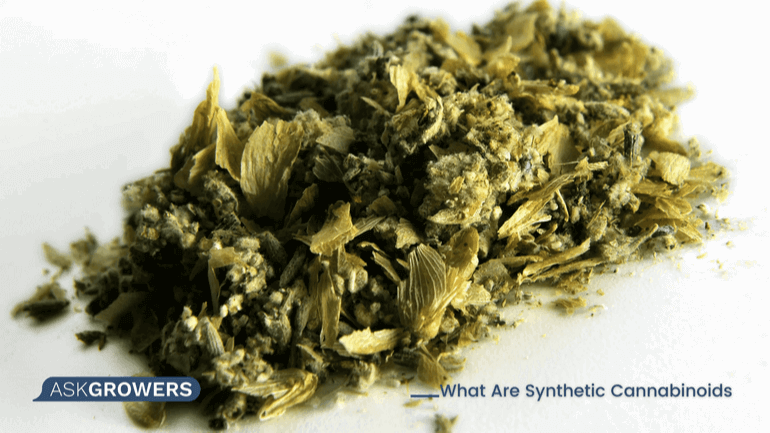
Drug-Drug Interactions With SCs
When discussing drugs with the general public, there is one type of drug they bemoan: drugs that are dangerous. Just like their counterparts, synthetic drugs have been described as dangerous by the media and authorities. This has created a lot of attention on them and has led to extensive studies being done. These studies report synthetic cannabinoids that were investigated for their interaction with other drugs, specifically in relation to how they affect Δ9-THC-like discriminative stimulus effects, analgesic effects, task disruption, and hypothermia.
In some cases, two substances taken together may interact to produce an effect more significant than the sum of each drug taken separately. The interactions between SCs and other THC-containing products can result in unpredictable potencies for different effects, so you should be cautious about using these substances together.
Read Also: What You Need to Know About the New Tetrahydrocannabinol Delta-10
How Long Does It Take To Detox From Synthetic Cannabinoids?
Synthetic cannabinoids produce the high that is generally only present for a few hours, although the duration can become unpredictable as the formulas change. When a person stops using Spice, they may experience uncomfortable withdrawal symptoms, such as cravings and body aches. As was mentioned above, this can lead to a cycle of abuse and addiction. Over one week, a person should be able to decrease the dependence on the SC.
If you or someone you know is using synthetic marijuana, it's crucial to get help right away. There are many resources available to help you quit using these dangerous drugs. The good news is that with professional treatment for synthetic marijuana addiction (inpatient or outpatient), individuals can recover from their addiction without having to suffer withdrawal symptoms or risk developing another addiction in the process!
It's been suggested that the best way to ease Spice's withdrawal symptoms is to take antidepressants, anti-anxiety medications, and prescriptions to treat insomnia on a short-term basis.
Read Also: THC Isn't As Important
Is It Legit to Buy Synthetic Cannabinoid Products?
So, which synthetic cannabinoids are legal? Dangerous products that are SC have been known to cause strokes, heart attacks, and seizures. While the substance has been made illegal in many countries, people are still able to buy these synthetic drugs by buying them on websites or by meeting other individuals in public places who sell the drug. It is also commonly disguised as legal "herbal" blends that are smoked for their weed-like effects. The drug would typically be sold in different forms like herbal blends, incense, tablets, and oils. Anyone who purchases this substance is putting their health at serious risk if they decide to use it because it may contain poisonous chemicals or unknown impurities.
Besides, while the ingredients might be laid out on the side, there's no way to know their purity or whether they've already expired. Even purchasing "legal" synthetic drugs from a vendor could potentially be a decision you could regret down the line. For these reasons alone, we believe that it's best not to mess around with these products and to avoid them entirely if possible.
Read Also: Battle Of Cannabinoids: THC Versus CBD
Conclusion
Although most people do not like hearing the term "synthetic marijuana," the drug has been around for a long time. The name might not be appealing, but it does describe the drug accurately. It's hard to know just how dangerous synthetic marijuana is because it's made in laboratories under a variety of different names. The chemicals inside the synthetic drug can vary from batch to batch and are often much more potent than cannabis. No one really knows how anyone synthetic cannabinoid will affect a person until they've tried it.
Ultimately, if you plan on experimenting with synthetic cannabinoids, there is no easy answer to the question, "Are you high?" Do your research, and don't let the hype fool you.

 Guides
Guides

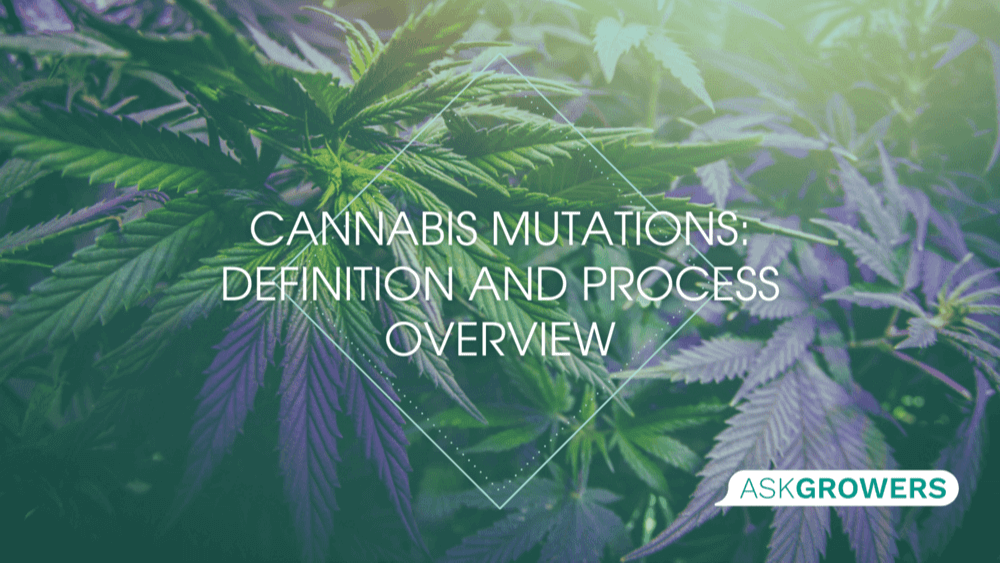
.png)
.png)

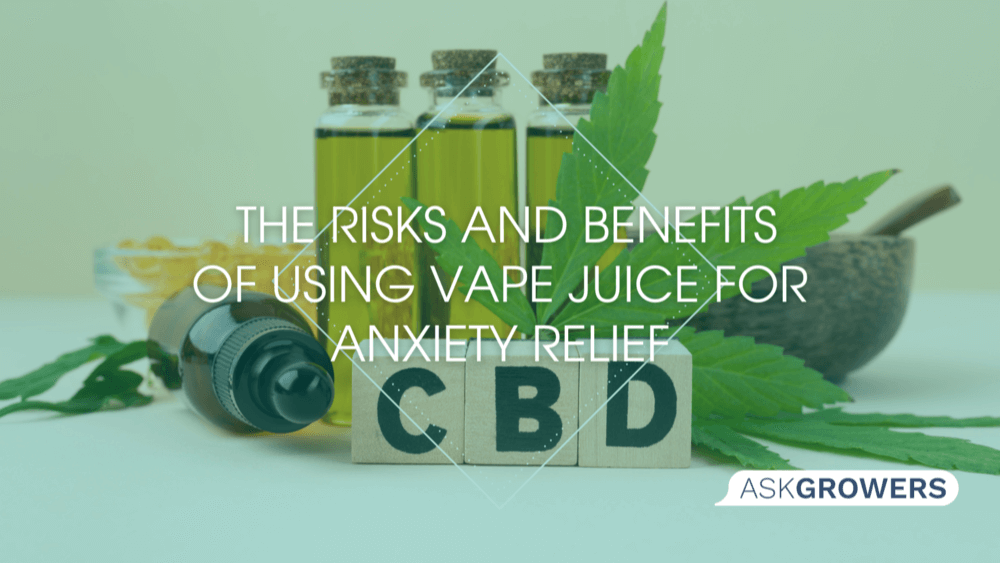

 (1).png)

.jpg)

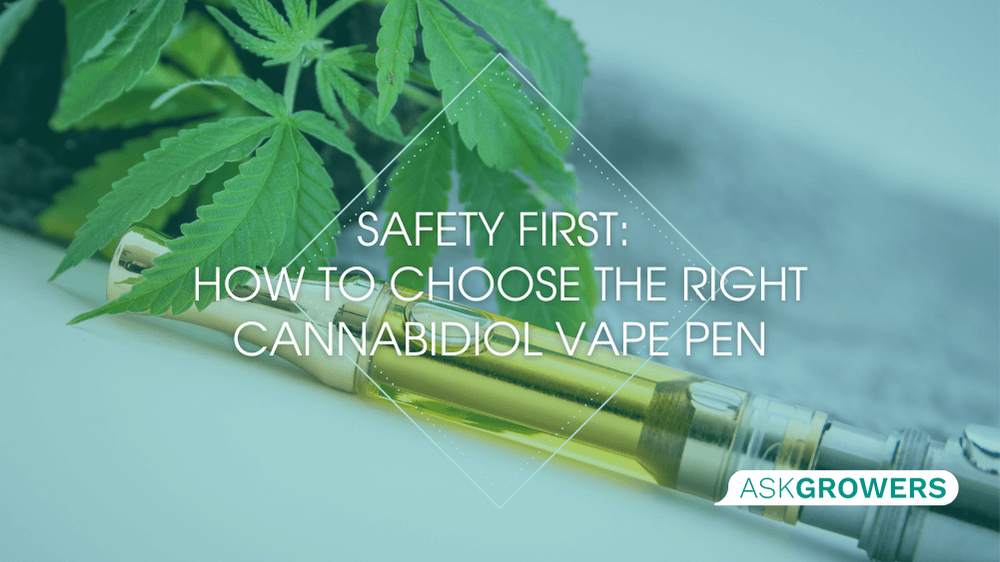
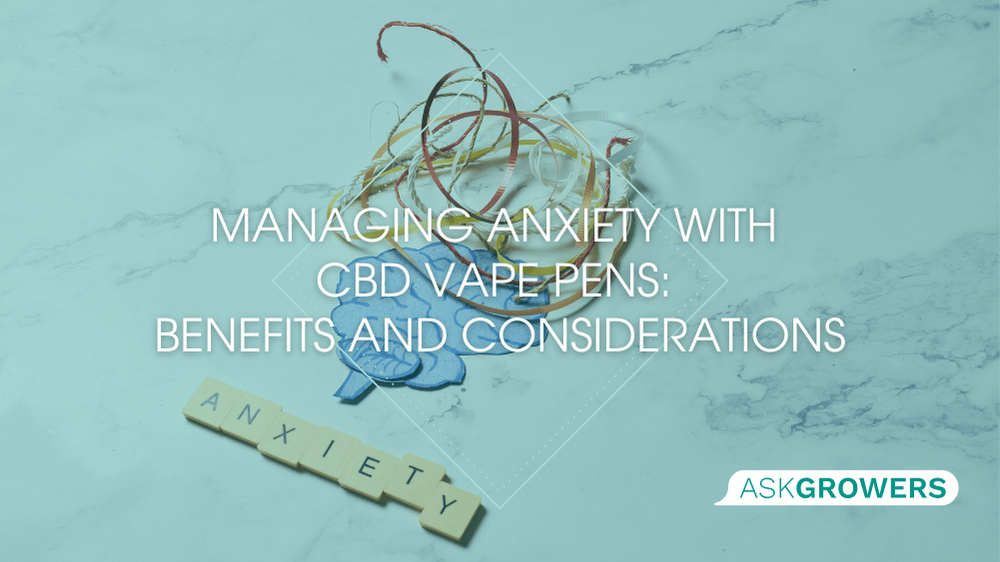
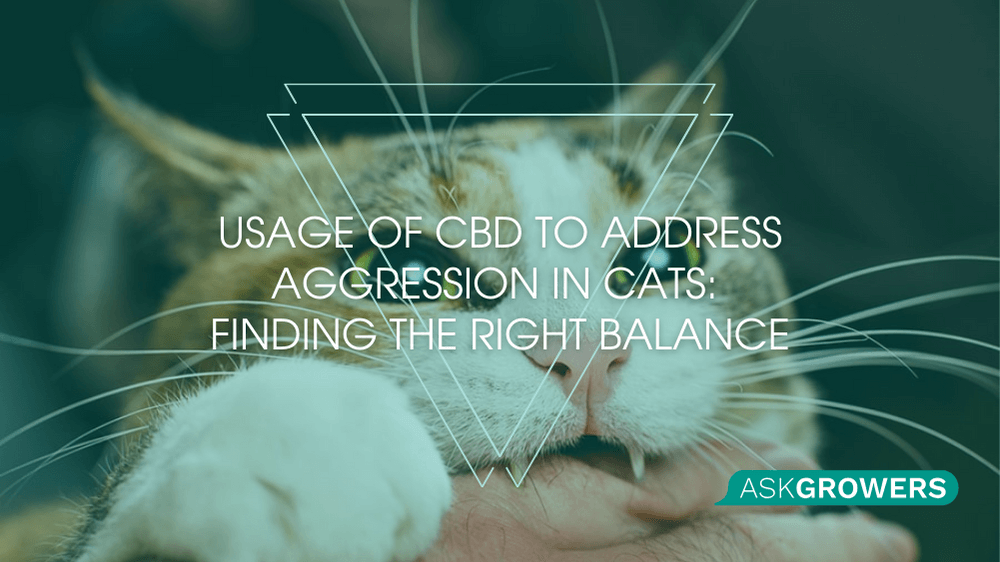
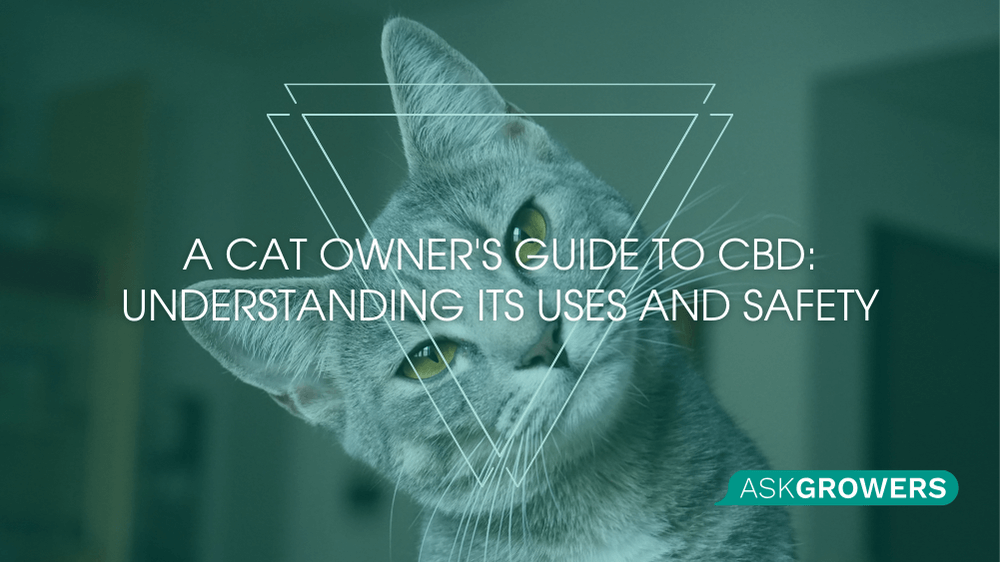
Be the first and share your opinion
Write a Review